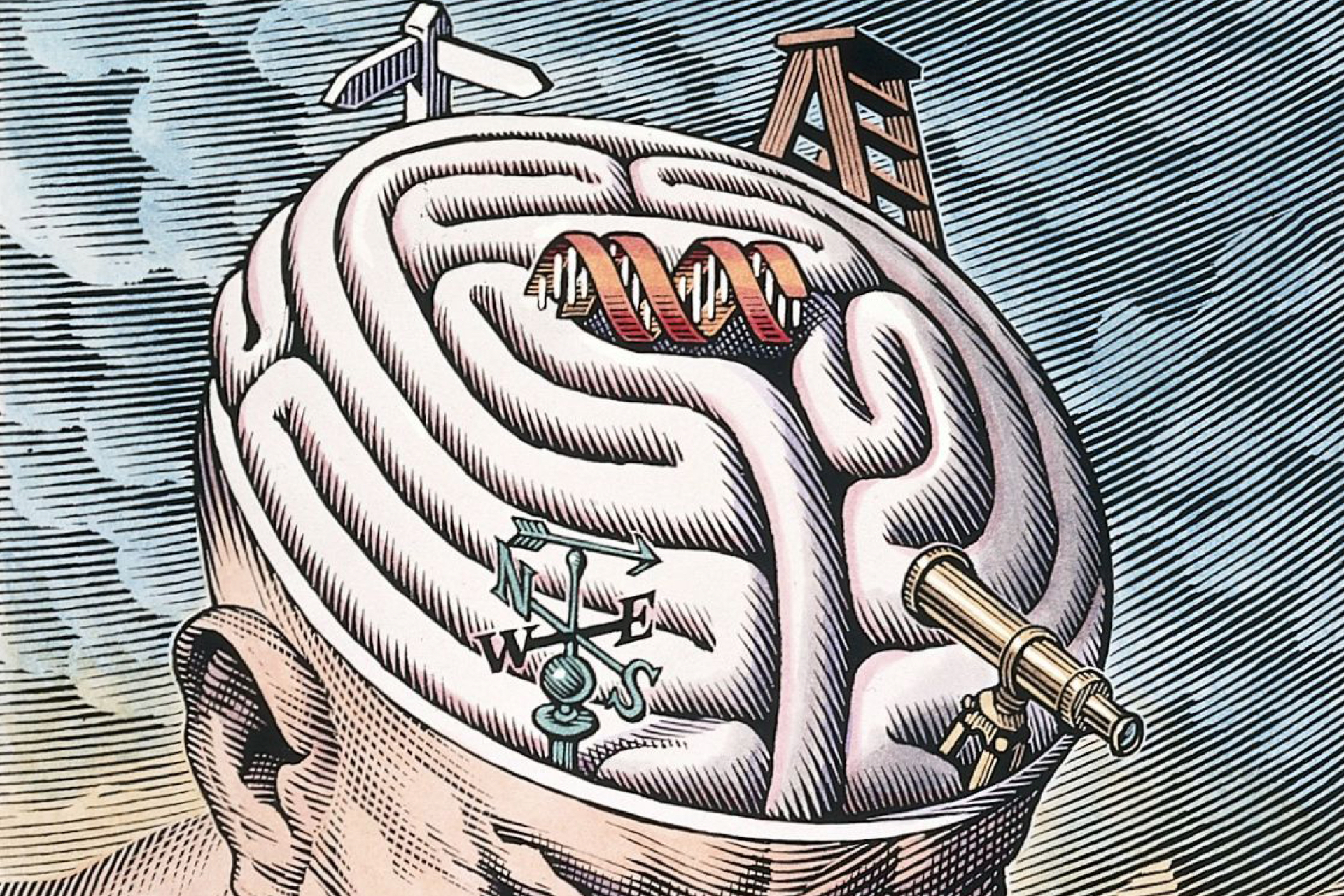Professor Imogen Goold presented a lecture at Gresham College, London, entitled 'Gene Editing: A New Legal Frontier', where she talked about ethical considerations for human genome editing.
As a viewer with a background in bioethics, I have some familiarity with genome editing and the ethical discussions around it. I was interested to see if I would learn anything new about this topic from Professor Goold, who is a professor of medical law.
Genome editing encompasses a range of technologies that enable precise, targeted changes to be made to the genetic code, including the DNA in our cells. This might change traits, predisposition to diseases, and could potentially remove risk of some diseases altogether.
An important distinction Professor Goold makes is differentiating between somatic and germline cells. Most cells in our bodies are somatic cells that die when – or before – we do; whereas the DNA in germline cells can be passed down via sperm or eggs to future potential generations. Changes to the genome of somatic cells stay within that person, but germline cell edits could have much greater, and unforeseen impacts, including potential harm.
Genome editing is already being used in research, for modeling diseases and testing treatments, including gene therapies as interventions. There is still more to learn about genome editing and what it is capable of, as well as what its limitations are. There is a lot of potential for improvements in disease treatments and quality of life to consider.
One ethical argument Professor Goold makes is to consider two perspectives of disability: as a harm and as a good. In some instances, people might agree to eradicate certain diseases. But what about eradicating disabilities? Some people might argue that disability eradication is a form of discrimination.
I think this argument could have been made more strongly, mainly by cautioning against, and naming eugenics. Eugenics can encompass the view that disability is a harm and should be avoided at all costs, and I felt that Professor Goold clearly cautions against this. Disability is not the same as disease, and we must be explicit about what we mean and what regulations we advocate for.
I find myself intrigued by the social model of disability which is the thought that society is often built to operate to the exclusion of people with differences. The model is the idea that if society was organised around the inclusion of all abilities, then people could live their lives how they want, then these differences in experiencing the world would not be disabilities. This is a common issue for anyone who is different, and I would like for us to call into question what being 'healthy', 'normal', or 'able' means. Most of us will experience disease, hardship, and differing abilities in our lifetimes, and the idea that there is this ideal 'healthy' form of a person that society is built to operate for is exclusionary and harmful. If we built society to operate more inclusively for those with the greatest differences, our world would be more equitable for everyone.
One argument she makes eloquently is that the risks of working with genome editing are worth taking because this technology has a high likelihood of being incredibly helpful in improving lives and furthering medical research and treatments. We need to be strategic and inclusive in our regulations and usages of genome editing, particularly with germline editing. While more discussions need to be had, they are worthwhile.
There is excitement about the potential of significant medical advances with genome editing, but we must remember that there will always be diseases to some extent in our world. This technology is couched within our culture, it will not solve everything, and we must anticipate and think about what role we want genome editing to have within our society.
I really enjoyed this lecture; I think the arguments were made clearly and thoughtfully. This lecture is available on YouTube and a great one to watch for beginners or people who would like a refresher on the topic. I also think this is a good presentation for students to watch and then discuss or research further.



Leave a Reply
You must be logged in to post a comment.